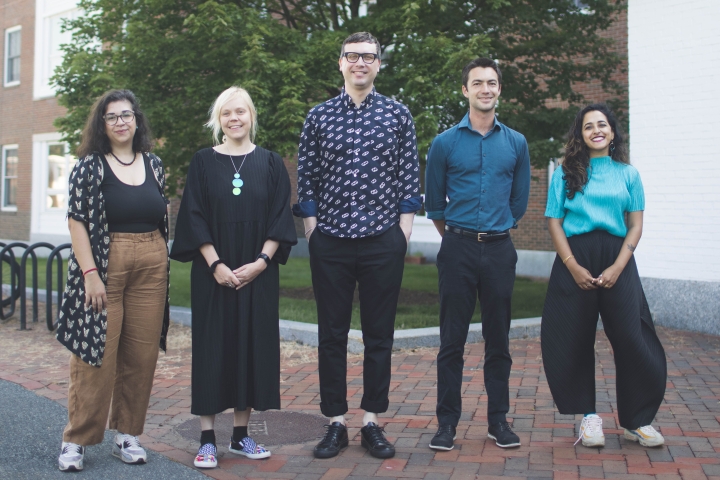The Society of Fellows, part of the Guarini School of Graduate and Advanced Studies, has welcomed five new members to campus this month.
The three-year fellowship program, which was launched in 2015, provides postdoctoral scholars with time and funding to advance their studies, exchange ideas, share progress, and teach undergraduate courses with support from the Dartmouth Center for the Advancement of Learning. The newcomers will join five other postdocs and nine faculty fellows in the Society.
“Our newest cohort brings a wonderful combination of investigative areas ranging from the philosophy of visual perception and pain to the study of religious and ritual architecture in the American Southwest,” says Emily Walton, director of the society and an associate professor of sociology.
Other areas of study by the new fellows include the racial meaning of Mexicanness and the use of locally made, low-cost building materials to make housing more accessible in postcolonial India.
“Our fellows learn both from and with each other as they think beyond traditional disciplinary lenses to formulate answers to the complex questions of our age,” says Walton. “Fifty scholars have benefited from the program since it began in 2015. Housed in more than 20 different departments, programs, and schools, they have taught 55 unique courses in cutting-edge contemporary topics.”
The new fellows are:
PhD, Princeton University
Dissertation: Substitutions of Modernity: the Materiality of House Making in Postcolonial India
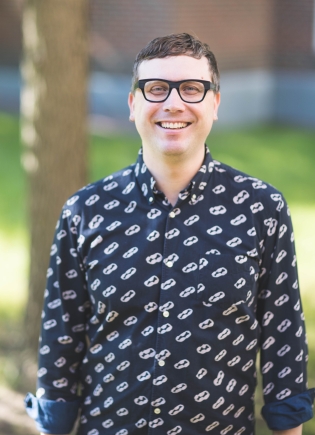
Gambetta is an architectural historian who studies the social, political, and environmental consequences of building materials. His current book project examines the widespread substitution of imported and inaccessible materials with locally made, low-cost alternatives as part of efforts to democratize access to housing in postcolonial India.
“At Dartmouth, I will also be working on a new book about histories of firsthand observation in architecture and architectural history,” says Gambetta. “Fieldwork After Modernism concentrates on different sites of fieldwork in the 1970s and 1980s, as architects, historians, artists, and others critiqued the failures of architectural modernism and reflected on its complicity with colonial knowledge-making practices.”
Prior to joining the Society of Fellows, Gambetta taught architectural design at Cornell University, the University at Buffalo-SUNY, and Woodbury University. His publications have appeared in several edited volumes and journals, including Radical Pedagogies and The Culture of Nature in the History of Design.
PhD, University of Pennsylvania
Dissertation: Color, Competence, and Correctness
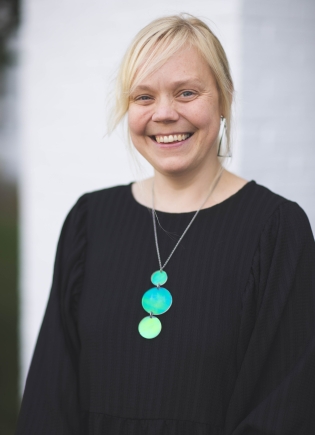
A philosopher, Rosenqvist investigates how humans and other animals perceive, think about, and interact with their environments. Using an empirically guided and interdisciplinary approach, she rejects the widely held view that perception aims at representing the physical world as it is.
While pursuing her PhD, Rosenqvist focused mainly on the function of color vision and the semantics and epistemology of color perception. She proposes that color vision is embedded in a network of perceptual competences, with the aim of helping organisms manifest these competences. Color experiences are “correct,” she proposes, when they result from “competence-enhancing processing.” Some of this work has been published in Synthese and Life and Mind. At Dartmouth, Rosenqvist will broaden her scope, exploring questions related not only to visual perception but also to pain. “For example,” she says, “I will investigate the causes of credibility deficits in testimonial exchanges involving chronic pain patients and the differences and similarities between types of perceptible properties.”
PhD, Yale University
Dissertation: Atomic Afterlives, Pacific Archives: Unsettling the Geographies and Science of Nuclear Colonialism in the Marshall Islands and Hawai’i
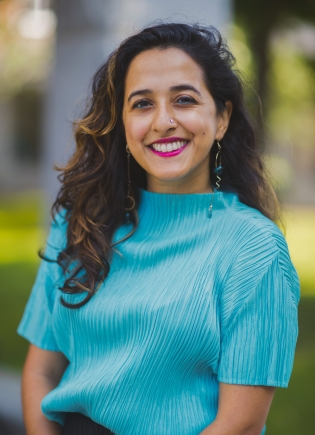
Saraf researches and teaches about entangled geographies and cultures of war, empire, and knowledge. “My interdisciplinary project is an account of U.S. Cold War imperialism and nuclear colonialism from the vantage point of the Marshall Islands and the Marshallese nuclear diaspora in Hawai’i,” she says. Her work draws upon official archives, Asian American and Pacific Islander cultural production and performance, and ethnography.
With support from the National Science Foundation, the Andrew W. Mellon Foundation, and the Social Science Research Council, Saraf’s creative and scholarly works have appeared in Literary Hub, Fruit Magazine, The Journal of Transnational American Studies, and Women & Performance, among other publications.
PhD, Yale University
Dissertation: Categorizing Mexican Migrant Race and Citizenship in the United States, 1910s-1930s
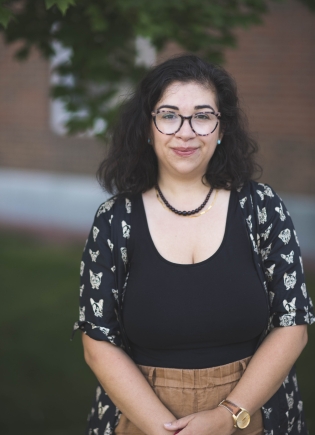
A Mexican and Cypriot who grew up in what is currently known as Victoria, British Columbia, on Lekwungen and WSÁNÉC territories, Ulysses is an interdisciplinary historian of race and immigration in the United States. Her research and teaching focus on how racial classifications are constructed, upheld, and contested as related to migrants within different sites of sociopolitical and cultural power and knowledge production.
Building on her dissertation, Ulysses’ current project analyzes how U.S. and Mexican self-described experts understood the racial meaning of Mexicanness, and how their race-making shaped migrant life in the United States from the 1910s through the 1940s. Her research has been funded by the Social Sciences and Humanities Research Council of Canada, the Yale Center for the Study of Race, Indigeneity, and Transnational Migration, and the John Morton Blum Fellowship for Graduate Research in American History and Culture, among other sources.
“In addition to the book, I’m at work on an article about a Chinese/Mexican migrant family who navigated multiple immigration bureaucracies in the early 20th century, as well as a series of essays on reproductive politics, motherhood, and historical research,” Ulysses says.
PhD, University of Colorado Boulder
Dissertation: ‘It Shows My Way’: An Archaeology of Roads, Religion, and Power in the Chaco World
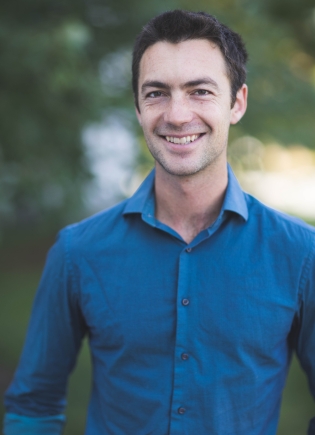
Weiner is an archaeologist who studies the role of religious places, beings, objects, and experiences in the unfolding of human histories. His focus is on Chaco Canyon (CE 800-1200), with emphasis on monumental roads, religion and ritual, gambling, and Diné oral traditions. In his book project, he explores the history of monumental roads in the Chaco World: the places they led, practices carried out on them, and their ongoing significance in Diné and Pueblo cultures. “More broadly, I’m interested in practices of ritual movement, cognition and mind, monumentality, sensoriality, and comparative approaches,” says Weiner.
Conducting collaborative fieldwork on the Navajo Nation and elsewhere throughout the Four Corners, Weiner has published a dozen peer-reviewed articles and book chapters and won fellowships from the National Science Foundation, School for Advanced Research, and American Philosophical Society.
